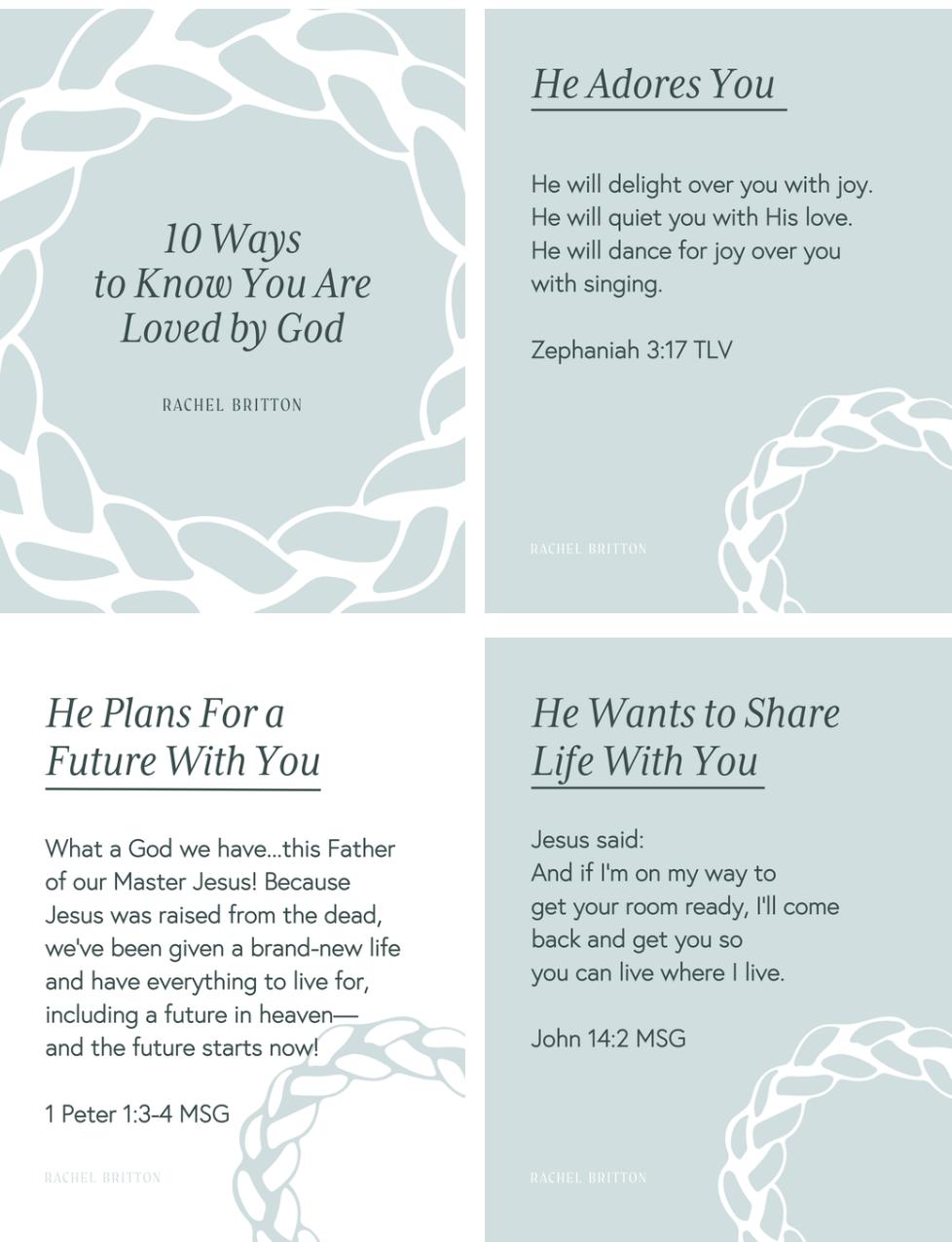Love hurts. Wherever this expression originated, we can relate to it. All of us know the pain of giving our heart to someone or something. However, it’s not the intense feeling of love that hurts but the response or the outcome of our love that causes sorrow or suffering.
It may be losing someone we love. It can be falling head over heels in love with another person and not having that feeling reciprocated. It could be leaving a place or a house that we call home to move elsewhere. Even being let go from a job we’ve put everything into can be painful. We can say that love hurts.
In a small way, our experience of love gives us an understanding and appreciation of God’s amazing love for us.
Love that hurts
The prophet Hosea is told by God to marry a woman who is unfaithful to Hosea, who does not return his love. It serves as an example of Israel’s relationship with God. Israel turned to other gods even though God has been faithful to them. His love was like that of a loving parent raising a child.
The description of God’s love for his people, Israel, is beautifully tender:
“When Israel was a child, I loved him, and out of Egypt I called my son. But the more they were called, the more they went away from me. They sacrificed to the Baals and they burned incense to images. It was I who taught Ephraim to walk, taking them by the arms; but they did not realize it was I who healed them. I led them with cords of human kindness, with ties of love. To them I was like one who lifts a little child to the cheek, and I bent down to feed them (Hosea 11:1-4).
Teaching a child to walk, lifting a little one to kiss his or her cheek, bending down to tend to his or her needs—even if you have no children or grandchildren of your own, the gentleness of a parent nurturing a small child warms our hearts. Tender love is adorable and special. God’s love towards people—to you and me—is the same.
Pre-school or young school children are often given a rope to hold onto when led by a teacher. It’s not only sensible, but it keeps them safe as they walk to and from school. The rope, or cord, that leads God’s people is one of pure and loving-kindness. We should hold on tight to that cord, trusting in God’s love for us.
When Israel turned away from God and let go of the cords of kindness and ran away, we get a sense of God’s broken heart:
“Oh, how can I give you up, Israel? How can I let you go?… My heart is torn within me, and my compassion overflows (Hosea 11:8 NLT).
Jesus also tells a story about the rejection of God’s love in the story of the prodigal son. But, from it we also learn of even more about God’s love from his response.
God’s response
A son requested to cash in his inheritance money before his father died and left home, intending perhaps never to come back. That insult must have hurt!
The father, however, spent each and every day waiting and hoping for his son to return home.
I imagine him standing on the doorstep as the sun rose, shading his eyes to see into the distance. Waiting on the porch late in the night, hoping to see a glimmer of light that would signify someone coming in his direction.
“But while he was still a long way off, his father saw him (Luke 15:20).
How the father’s heart must have leaped within him when he recognized the gait of his son’s walk, the slouch of the shoulders, and as he got closer his unkempt hair. How happy the father must have been that he’d already started preparing a feast when he saw his son’s thin body. And how glad he must have felt to throw a fine cloak on those shoulders and throw away the tatty, stained tunic his son wore.
We could probably better understand if the father’s eyes looked upon him coldly. We could understand if the father remained on the doorstep, arms at his side. We could commiserate with him if he was biting his lip and holding back the words “So?” Or even “I knew this would happen.” “How dare you!”
Instead:
His heart pounding, he ran out, embraced him, and kissed him (Luke 15:20 MSG).
God’s love never holds back. He waits in hope for his children to return to him. His hands are always outstretched towards us. While we focus on what has gone wrong and what is not right, God’s response is to unselfishly compassionate and overwhelmingly generous.
In that instance, the father had forgiven and forgotten all that had happened in the past.
God’s response to love that hurts is different from our own. We find it hard to let go of the hurt inflicted on us by another person. God, however, just can stop pouring out his love.
“I’ve never quit loving you and never will. Expect love, love, and more love! (Jeremiah 31:3 MSG)
Use this prayer to thank God for his non-stop, unwavering love.
Pray


